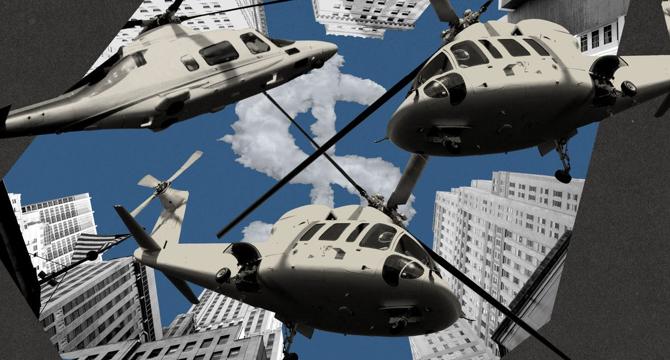Insider
1M
136

Image Credit: Insider
Inside the elite world of helicopter commuting: 'It's like a bus to me'
- The world of helicopter commuting is evolving, with more people opting for on-demand rideshare services like Blade for transportation in cities like New York.
- While helicopter commuting offers convenience and unique experiences, it has led to a surge in noise complaints from residents below, rising by 678% over two years.
- The future of urban air transportation includes the advent of electric choppers, aimed at expanding the air-taxi industry and making vertical travel mainstream.
- Critics highlight safety hazards, environmental impact, and disruptive noise caused by helicopters flying over densely populated areas.
- Efforts to regulate helicopter traffic face challenges as federal and local governments grapple with balancing tourism revenue, quality of life, and environmental concerns.
- The rise of electric vertical takeoff and landing (eVTOL) aircraft offers a quieter and more sustainable alternative to traditional combustion-engine helicopters.
- While some support the embrace of electric rotor technology, concerns remain about its practical impacts and the need for adequate regulatory frameworks.
- The electric rotor industry is seen as a potential solution to noise and air pollution, with the hope of transforming urban air transportation for the future.
- Helicopter companies like Blade are gearing up for the transition to eVTOLs, marking a significant shift in the evolution of urban air mobility.
- As cities move towards a future of highways in the sky, the balance between technological innovation, environmental sustainability, and community well-being remains a key question.
Read Full Article
8 Likes
For uninterrupted reading, download the app